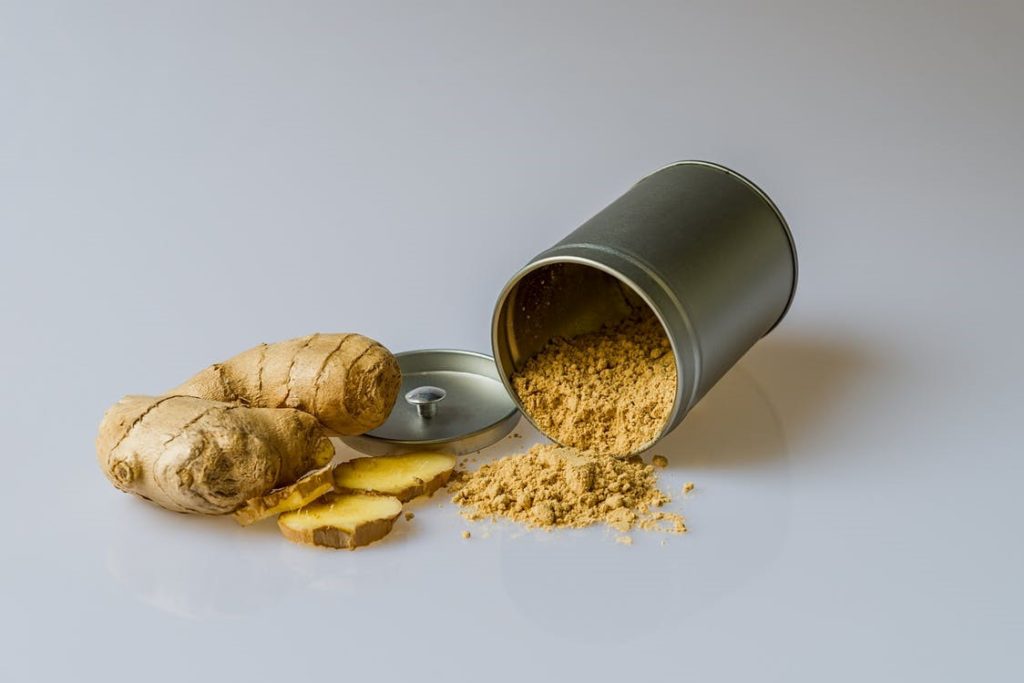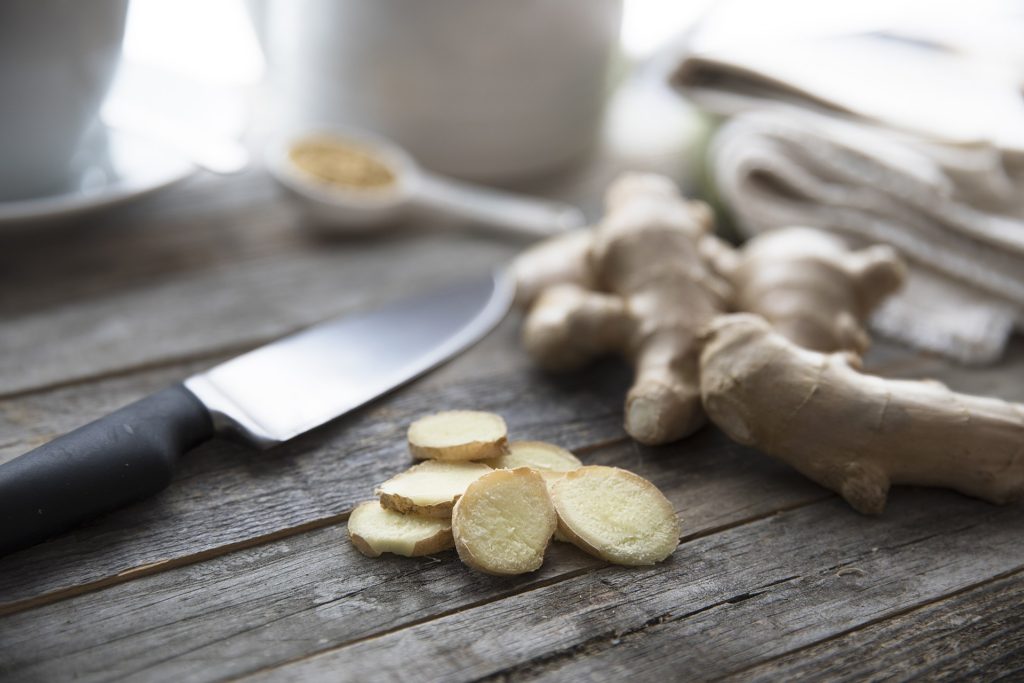
fciwomenswrestling.com femcompetitor.com, pexels.com Matthias Cooper photo credit
May 5, 2019,
As an added ingredient in so many food products from Ginger Ale soda to Ginger cookies, ginger is so powerful that even when processed it is still very good for you.
Its taste is unmistakable.
Less processed or close to raw, it is dynamite with various varieties of sushi.
Despite what you may have heard, the more you eat it, the less frightened you become of it.
Especially when you know that it is so good for you.
Correction.
Great for you.
Ginger originated from Island Southeast Asia. It is a true cultigen and does not exist in its wild state.

Ginger grows in China, India, Africa, the Caribbean, and other warm climates. The root of the ginger plant is well known and consumed as a spice and flavoring.
A cultigen is a plant that has been deliberately altered or selected by humans.
A cultigen is a plant whose origin or selection is primarily due to intentional human activity.
Of course you understand.
Ginger is a flowering plant whose rhizome, ginger root or ginger, is widely used as a spice and a folk medicine.
It also has named and graced some of the most beautiful actresses that have ever existed.

Gilligan’s Island is an American sitcom created and produced by Sherwood Schwartz.
It is a show that defined many of our youth that we never forgot or got over.
The show had an ensemble cast that featured Bob Denver, Alan Hale Jr., Jim Backus, Natalie Schafer, Russell Johnson, Tina Louise, and Dawn Wells. It aired for three seasons on the CBS network from September 26, 1964, to April 17, 1967.
The series followed the comic adventures of seven castaways as they attempted to survive the island on which they had been shipwrecked. Most episodes revolve around the dissimilar castaways’ conflicts and their unsuccessful attempts, for whose failure Gilligan was frequently responsible, to escape their plight.
Our favorite character on the show was, well, you guessed it.
Ginger.
She was sassy, smart, low key funny and incredibly beautiful.
The show received solid ratings during its original run, then grew in popularity during decades of syndication, especially in the 1970s and 1980s when many markets ran the show in the late afternoon. Today, the title character of Gilligan is widely recognized as an American cultural icon.
Gilligan’s Island was good for us.
Ginger was good food us.
The actress that is.
Ginger the food too.
Ginger is a commonly known to help with digestion and nausea.
We have a visiting female writer who would like to share her experiences with this wonderful ingredient with you.
Her name is Joy Mary.
She introduces, “Though I did not grow up knowing much about herbs, I began to study, apply and enjoy their benefits soon after getting married. Now, we not only enjoy them as a family, but make them available through our online store to others who may be interested in experiencing bulk herbs’ benefits for themselves.”
Okay. We love her introduction.
The following information is her opinion.
We hope you love her article as well.
Ginger Can Help Your Heart and Relieve Morning Sickness

Ginger, (scientific name: Zingiber officinale) is the root of a plant native to Asia but cultivated in the West Indies, Jamaica, and Africa. It is one of the most widely used herbs in the world. Used for thousands of years previously, it was introduced to Spain by Francisco de Mendosa in the early 1500’s and from there to the new world.
Ginger is a perennial tuber that creeps and grows underground. The stalk grows two feet or more with narrow leaves. The stalk dies in the fall and the tuber is harvested, dried, and ground into the herb powder. Coated or black ginger means the root was not peeled but immediately scalded after harvesting. Uncoated or white ginger was washed and scraped to prevent sprouting. Since some think ‘the whiter the better,’ white ginger is at times bleached or limed but this causes it to lose some nutritional value.
Chemicals in ginger that give it value include volatile oil (up to 3%), acrid soft resin, lignin, gum, starch, vegeto matter, asmazone, acetic acid, potassium acetate, and sulphur.
Ginger has been used in traditional Asian medicine to treat nausea. Pregnant women report relief from morning sickness after consuming small amounts of ginger root, ginger tea, and ginger ale. When given in large doses, ginger also relieves chemotherapy related nausea. Many find ginger more effective in relieving motion sickness than Dramamine. It will also stimulate appetite, fight body odor, and promote perspiration.
Ginger also helps treat joint pain by stimulating blood circulation, so it is used to treat illnesses such as rheumatoid arthritis and Raynaud’s syndrome. Externally ginger causes redness of the skin.
Ginger is often used for treatment of flatulence, indigestion, diarrhea, and menstrual cramps. It does this by mimicking some digestive enzymes used to process protein in the body. It also relieves gastrointestinal distress.
Ginger is beneficial to the heart as well. As little as 5 grams of dried ginger a day slows the production of triglycerides and LDL (bad) cholesterol in the liver. Ginger also prevents platelets from sticking together, a condition that would increase the risk of heart attack or stroke.
Ginger is sometimes recommended for relief of cold symptoms for it is said to loosen phlegm and fight chills by spreading a warm feeling throughout the body. Many simply like to use it in cooking as a seasoning or a tea. One recipe for gingersnap cookies calls for a teaspoon of the powder.
Ginger is available in capsules, pickles, extracts, and prepared teas that can be made into compresses. The ginger root may also be consumed raw, but avoid small, wrinkled, or soft tubers.
Steep ginger in hot water to make a tea, or just add it to a variety of dishes. The usual dosage is 1/3 of an ounce of fresh ginger root per day. Preserved Ginger is made by steeping the root in hot syrup. Store ginger root dry in your refrigerator for short periods. You can also freeze ginger root for up to three months.
Pregnant women should be careful not to overdose on ginger because it may stimulate uterine contractions. People taking blood thinners, barbiturates, beta-blockers, insulin or diabetes medications should consult a physician before use since ginger may conflict with these medications. Ginger may also interfere with the absorption of dietary iron and fat-soluble vitamins, and cause stomach upset in higher doses. Also, because ginger helps thin the blood, it should not be taken two weeks prior to surgery.
But there are several more benefits of ginger to be discovered. Visit http://www.MoreThanAlive.com, an online store for bulk herbs and a trusted resource where you can get ginger root powder and learn about many other herbs.
~ ~ ~
Opening photo via medium
Article Source: https://EzineArticles.com/expert/Joy_Mary/190742
Article Source: http://EzineArticles.com/1365946
https://en.wikipedia.org/wiki/Ginger
https://en.wikipedia.org/wiki/Cultigen
https://en.wikipedia.org/wiki/Gilligan%27s_Island
https://www.webmd.com/vitamins-and-supplements/ginger-uses-and-risks#1



